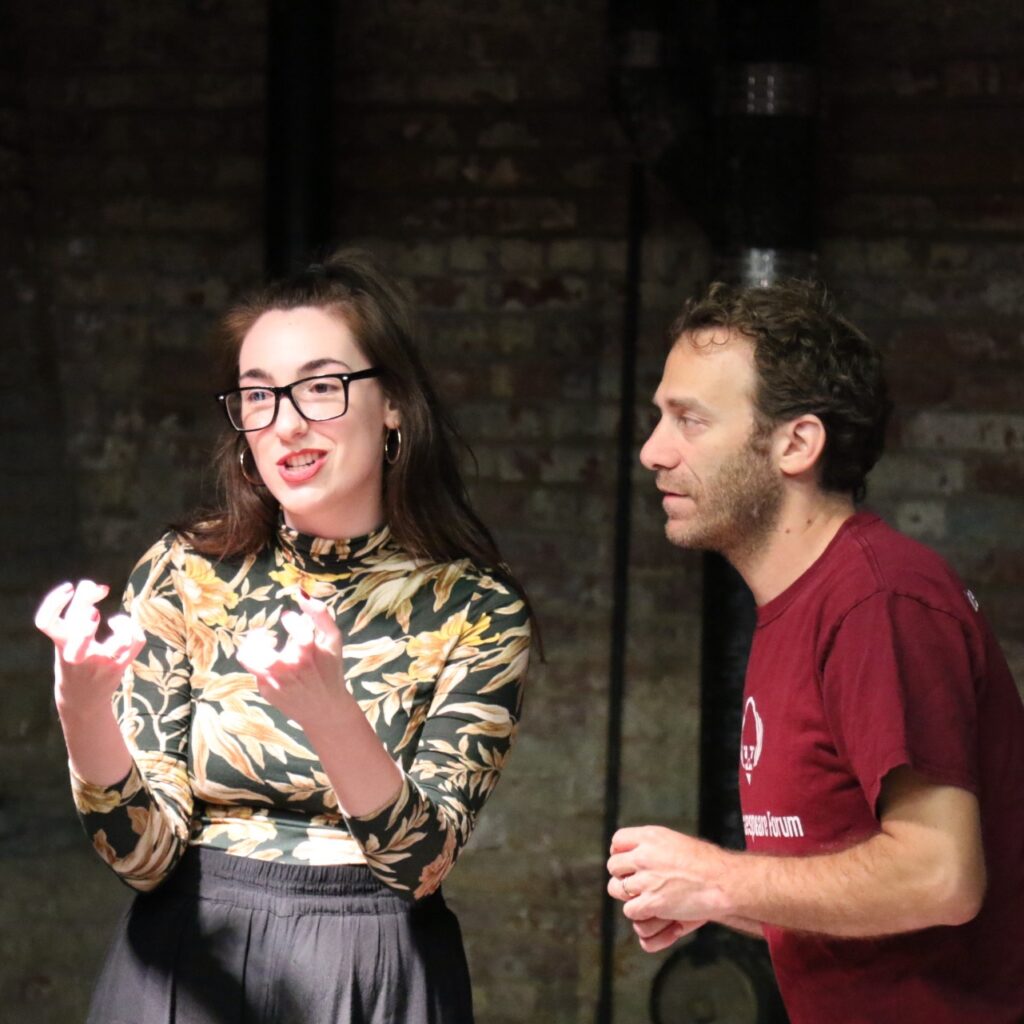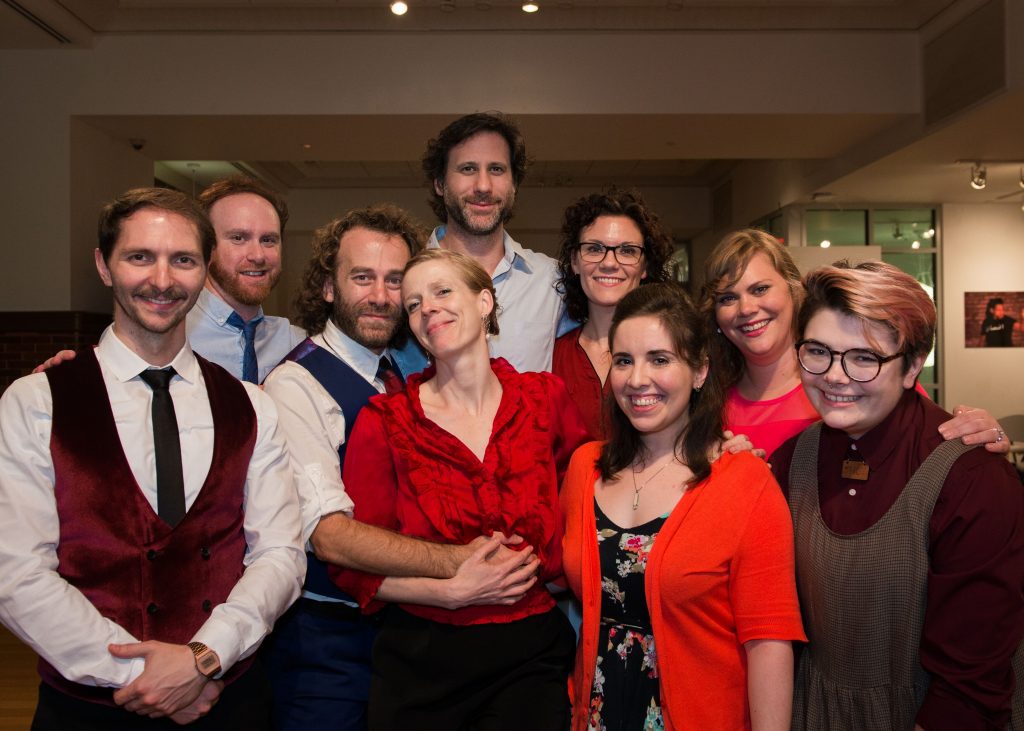Shakespeare Organizations during COVID-19: The Shakespeare Forum
 In the coming weeks, we will be looking at how recent social distancing has impacted and continues to affect Shakespeare organizations around the world. We hope to highlight both how difficult this season is for many groups and the creative ways they’re overcoming those difficulties. Read below for more from Artistic Director of The Shakespeare Forum Tyler Moss.
In the coming weeks, we will be looking at how recent social distancing has impacted and continues to affect Shakespeare organizations around the world. We hope to highlight both how difficult this season is for many groups and the creative ways they’re overcoming those difficulties. Read below for more from Artistic Director of The Shakespeare Forum Tyler Moss.
First, for anyone who might be unfamiliar, tell us a little bit about the mission of your organization.
My name is Tyler Moss and I am the Artistic Director of The Shakespeare Forum. We strive to create empowered communities through education and performance. We foster community through year round free and low cost events.


COVID-19 has impacted everyone, but could you tell us a bit about the specific difficulties Shakespeare Forum has faced during this time? Is there a way SAA members could help support the work that you are doing?
Being that our events are about bringing people together, COVID-19 has forced us to cancel and/or indefinitely postpone most of our events. We host a three week summer festival in East Harlem of New York City where we stage productions and bring theater companies, teachers, and students together from across the five boroughs to celebrate performance and education. This will not happen in 2020. We are working hard at putting as many of these programs online as possible, often waiving any costs to attendees. We believe that this is an isolating time for many and we want to bring people together in whatever way we can. We understand that people may feel disconnected and seek to provide a small sense of unity in this trying period.
What are some of the resources you have online that you would like everyone to know about?
As I mentioned, we’ve moved all our programming online. The after-school drama clubs we supply to schools continue towards eventual virtual performances. Our weekly free workshops Tuesdays (from 8-10pm Eastern Time). We offer verse and text classes, bi-weekly readings of Shakespeare’s plays, one time workshops and masterclasses in Scansion to Clown and many things in between. All these can be found at our website. One of our joys is that we have theater and studio space in East Harlem that can host a variety of students and professionals. One of our challenges during this pandemic has been that we still must pay our rent for this unusable space. I imagine that there are thousands of cases such as this around the country and I believe that performing arts and the power of using language to bring cultures together is an essential part of a healthy community. I do not know when these spaces will be available again. In the meantime, I hope you all can find creative outlets where you can listen to people exchange ideas. You do not need to “create” art, but I encourage everyone to find safe space to engage with art in whatever way you feel comfortable. If any SAA members would want to offer a workshop for our online community we are open to anything that will serve our students and audiences.

This crisis has required a great shift for many organizations. Are there any lessons or changes you will implement after we have weathered COVID-19?
Our programming has always evolved around the needs of the communities we engage with. We aren’t sure what the world looks like in the immediate future but we will continue to provide platforms, however possible, for people to exchange artistic ideas and find a tribe.
Is there a certain poem or play that has brought you comfort during this time? If so, could you share?
There’s a poem by Mary Oliver that’s come to me during this isolation. I offer it to you. It’s not Shakespeare but the words fill my senses in a similar way.
In Blackwater Woods
Look, the trees
are turning
their own bodies
into pillars
of light,
are giving off the rich
fragrance of cinnamon
and fulfillment,
the long tapers
of cattails
are bursting and floating away over
the blue shoulders
of the ponds,
and every pond,
no matter what its
name is, is
nameless now.
Every year
everything
I have ever learned
in my lifetime
leads back to this: the fires
and the black river of loss
whose other side
is salvation,
whose meaning
none of us will ever know.
To live in this world
you must be able
to do three things:
to love what is mortal;
to hold it
against your bones knowing
your own life depends on it;
and, when the time comes to let it go,
to let it go.

